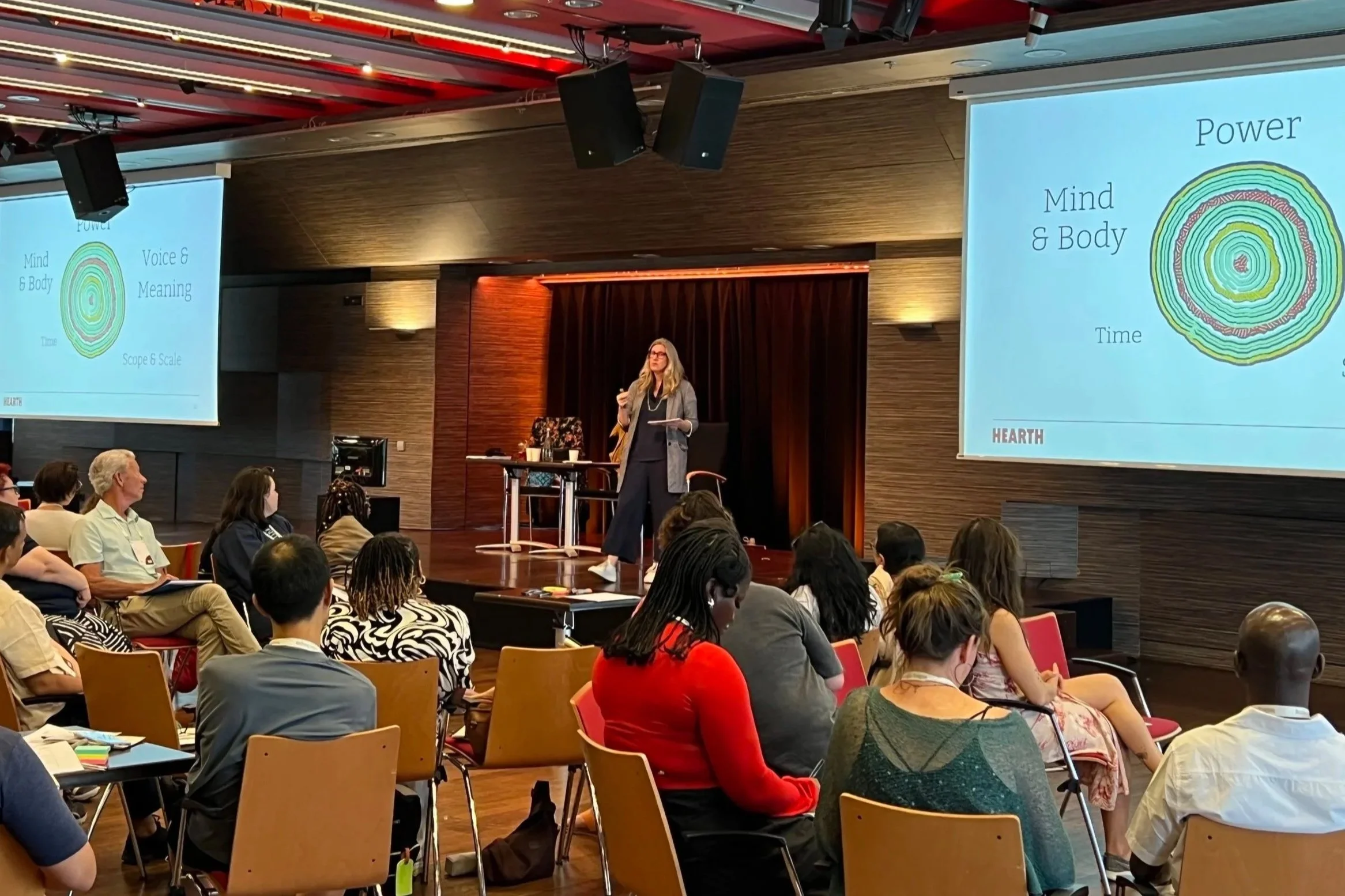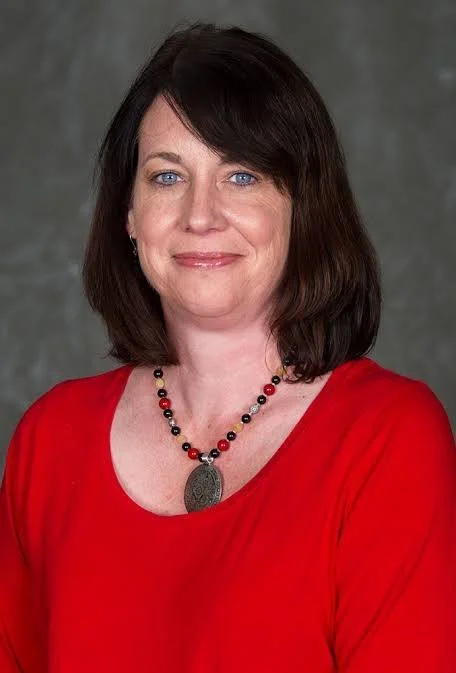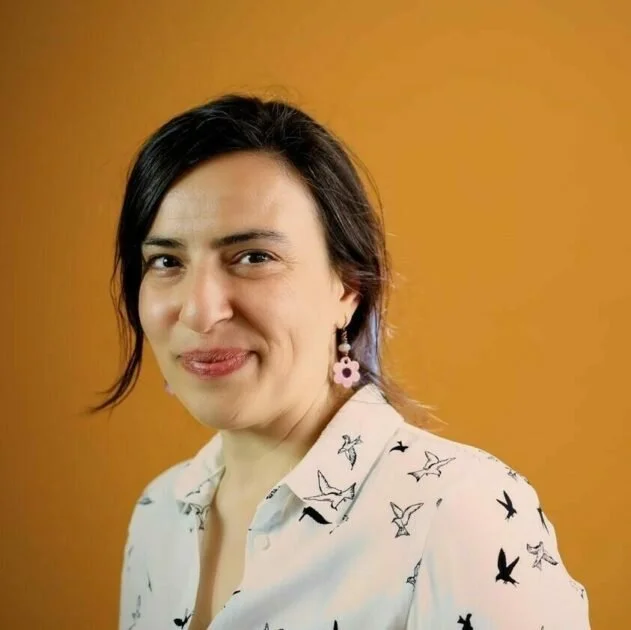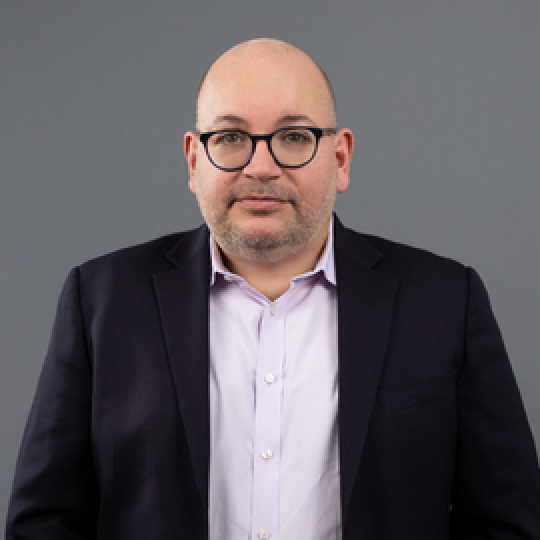About Kate
Georgetown University visiting scholar, award–winning journalist and social entrepreneur Kate Woodsome spent 23 years reporting and leading global teams through political unrest, public health crises, and social transformation. From Cuba to Cambodia, Hong Kong to Washington, DC, she witnessed a recurring pattern: People operating in high-intensity environments without tools to understand how stress and trauma shape decision-making, polarization, and institutional culture. This is not only bad for business and mental health, it threatens political health, too.
In every country, the same two truths emerged. People are in pain and they want to feel better. And without the knowledge, tools, and strategies to heal, then fear and distrust fuel polarization, which leads to democratic decline. When stress overwhelms a society and people feel unsafe and dehumanized, leaders can exploit the fear, media can amplify it, and companies can profit off it. Democratic norms erode and authoritarian tendencies rush in.
Kate saw this play out in the United States on January 6, 2021, when she covered the U.S. Capitol attack for The Washington Post. The coverage helped the newsroom win the Pulitzer Prize for Public Service and left her with something more complex — a reckoning with burnout, trauma, and moral injury. She faced the sobering truth that the news industry she’d dedicated her life to was keeping journalists and the public they serve in chronic states of fight, flight, freeze, amplifying the distress that dehumanizes people and destabilizes democracies.
Turning Stress into Strategy
Kate left daily news in 2024, and began building the Invisible Threads Impact Lab to address the ties between mental health and democracy, a significant blind spot in social and political renewal efforts.
Through research, workshops, consulting, and Regenerative Journalism™, the lab connects two essential insights: how democracies break down, and what our brains and bodies need to think clearly, build trust, and work well together.
Now certified in the neuroscience- and somatic-based Resilience Toolkit and pioneering new approaches to journalism and leadership, Kate brings the hard-won wisdom of someone who reached the top of her field, burned out in the process, and realized the old way of pushing through wasn’t working for her — or for the country.
In a moment when familiar approaches are breaking down, we need tools that help us understand differently, lead differently, and repair differently. Here, you’ll find all three.
Advisors




